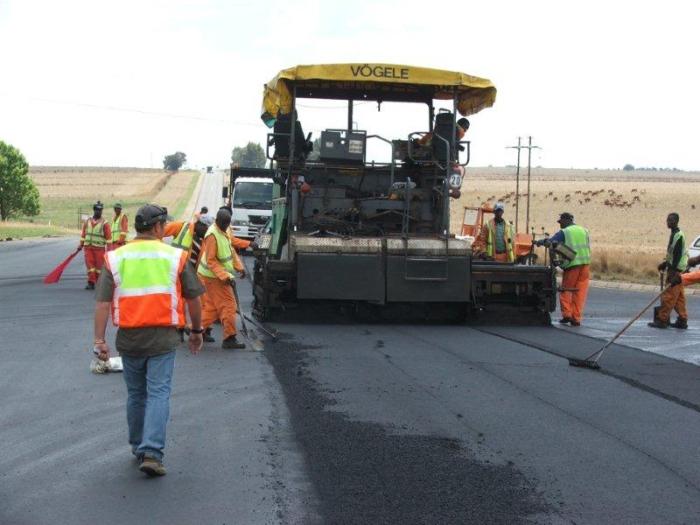Kampala Capital City Authority (KCCA) of Uganda is set to upgrade a total of 20 roads in the city which total up to a length of 46.7 kilometers into dual carriage way in order to accommodate the ever increasing traffic in the city.
The project, funded by the African Development Bank (AfDB) at a cost of approximately US $240m, includes civil works improvement, construction, upgrading, paving and dualling selected roads to a four lane way as well as signalization and auxiliary works that include installation of street lights in the selected junctions.
Also Read:Kenya to construct US $6m bus terminus in Nyeri County
Roads and junctions selected for the upgrade
The selected roads and junctions are; Port Bell Road (6.55km), Old Port Bell Road and Spring Road (3.46km) in Nakawa, Kasubi – Northern Bypass (2.4km), Kibuye -Busega Road (6.6km), Canon Apollo Kivebulaya Road/ Albert Cook Road Junction and Bulange Junction in Lubaga, Luwafu Road (2.6km), Ggaba Road/ Muyenga Road Junction (0.42km), Ggaba Road/ Nsambya Estate Road Junction (0.19km), 8th Street-Namuwongo Rd (2.8km), Kabega Road (1.2km) and Gaba Road /Muyenga Junction (Kabalagala) in Makindye, 5th, 6th and 7th Streets, 1.1km, 1.8km, 1.8km respectively all in Central, Kisaasi Road 2 (2.5km) and Kyebando Ring Road 2 (1.8km) both in Kawempe, Wamala Road (4.4km) and Old Mubende Road (2.1km) in Rubaga.
Accompaniments of the roads overhaul.
KCCA deputy director in charge of engineering and technical services, Mr. Jacob Byamukama said that the project shall not only be focused on the roads upgrade but it shall also be accompanied by establishment of other facilities such as toilets, access roads and parking areas for big trucks to comprehend the roads for the benefits of Ugandans.
Never the less, Mr. Byamukama added that the funds by AfDB shall as well facilitate the procurement of 100 eco–friendly public transport buses to beef up urban mobility and achieve benefits of climate change mitigation.
The buses according to the deputy director will have minimum vehicle length of 12 and 10.8 meters for single and double deck respectively. They are characterized by convenient seating capacity, maneuverability and compactness plus a minimum capacity of 80 passengers.The project is expected to start by the end of the year after completion of paper work in September.

